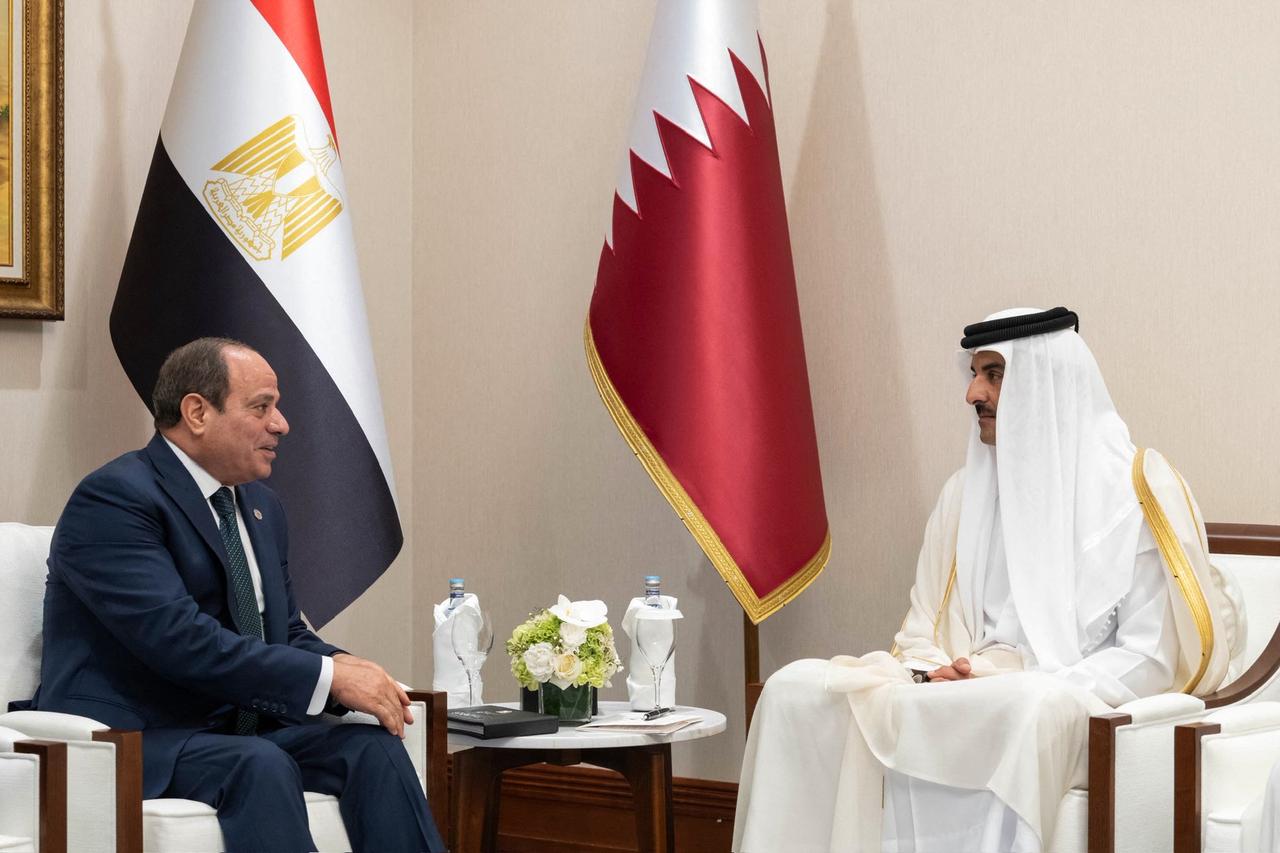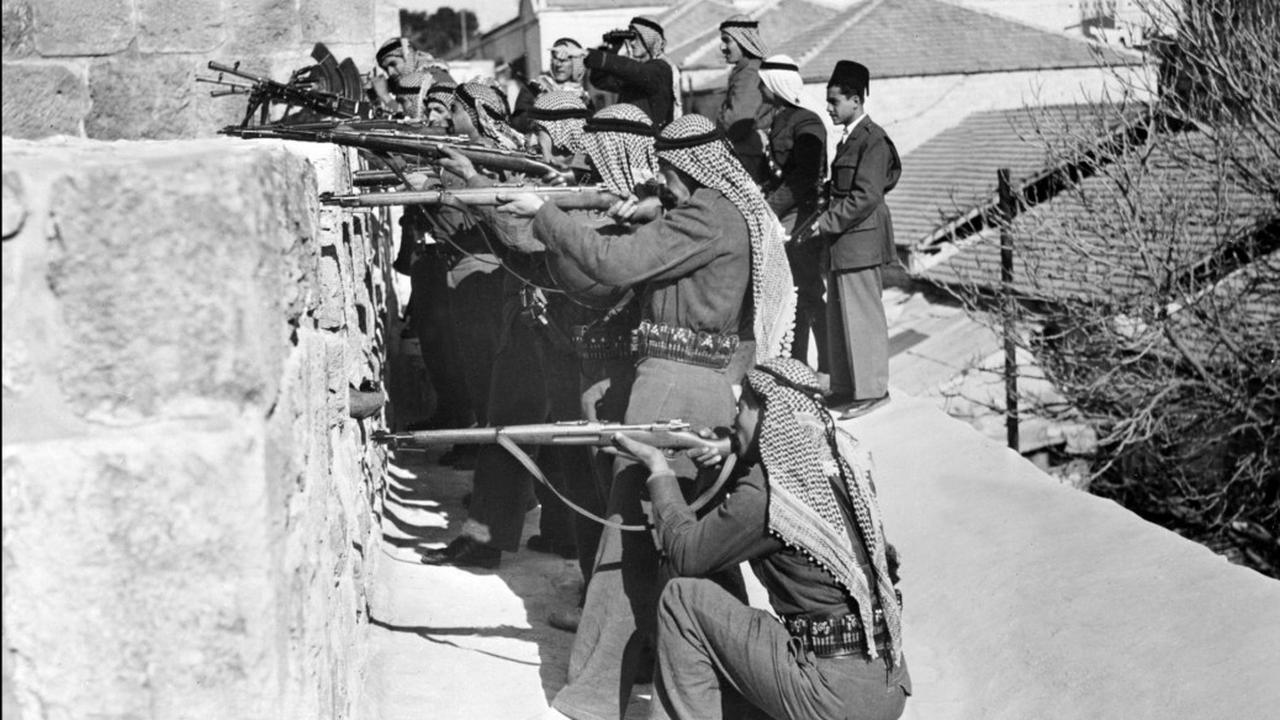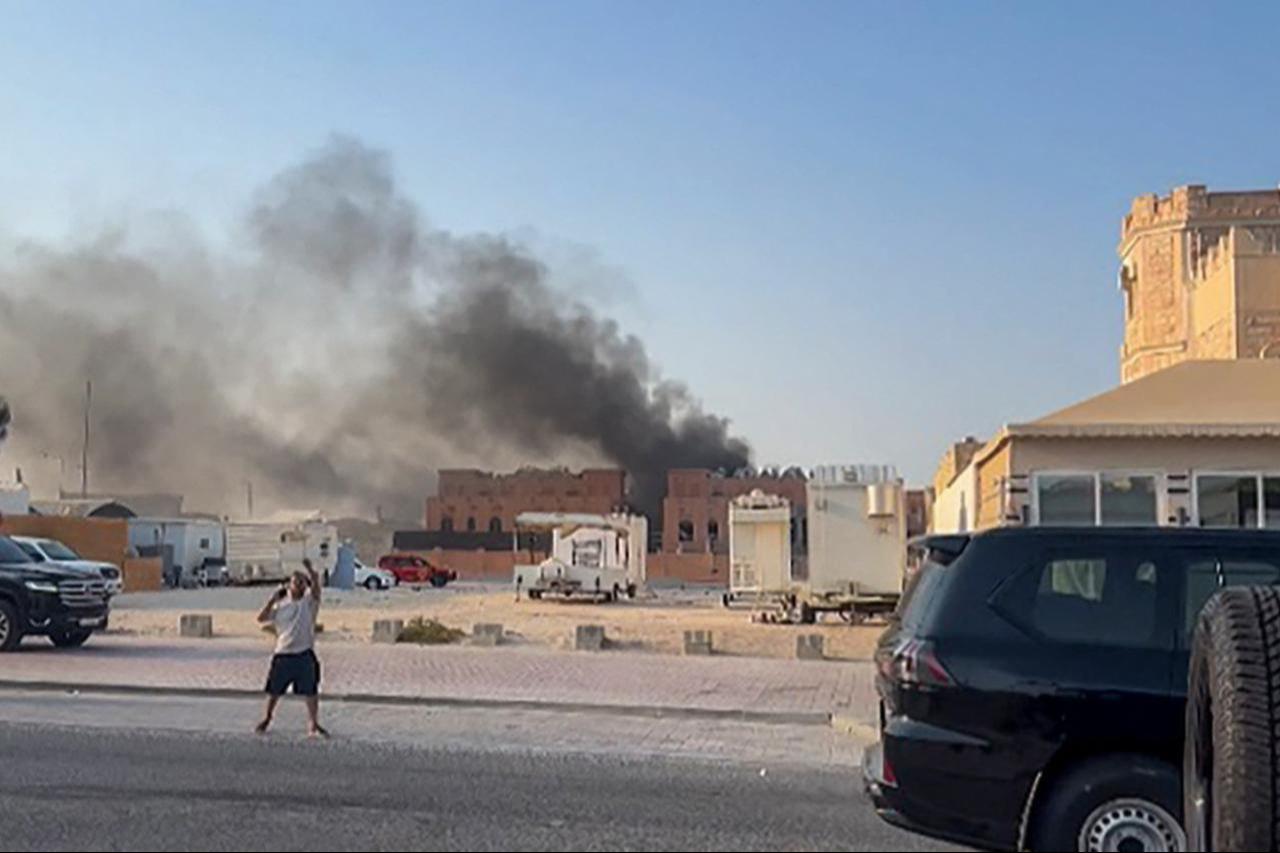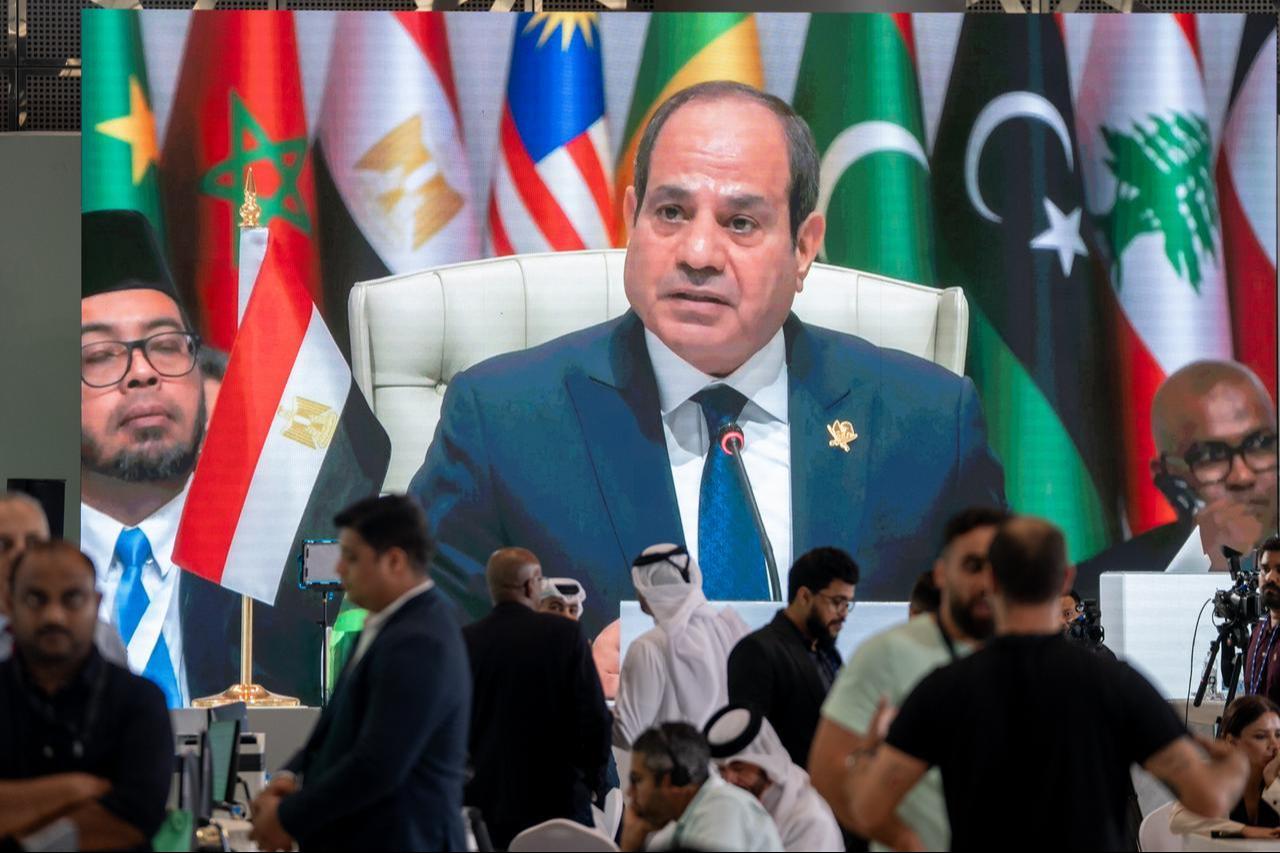
Egypt’s proposal to create a NATO-style Arab defense force was rejected at a Gulf summit in Doha, officials said, highlighting divisions over regional security and Israel’s role in Gaza.
Egyptian President Abdel Fattah el-Sissi and Foreign Minister Badr Abdelatty had suggested a rapid-response alliance under the 1950 Joint Defence and Economic Cooperation Treaty to shield member states from external threats, particularly Israel.
Middle East Eye reports that Qatar and the United Arab Emirates blocked the plan, citing disagreements over leadership. Saudi Arabia had sought command of the force, while Egypt claimed its military experience made it best suited. Iran and Türkiye were also excluded from the discussion.
The diplomat said Egypt had hoped for stronger measures against Israel’s actions in Gaza, including halting forced Palestinian displacement into North Sinai, but Gulf states opted to push the U.S. to pressure Israel toward a ceasefire instead.
Sissi described Israel as an “enemy,” reflecting Cairo’s heightened security concerns following alleged Israeli plots against Hamas leaders in Egypt. The summit’s final statement condemned Israel’s recent attack on Doha but offered no concrete military commitments, underscoring persistent Arab divisions over regional security.

Egypt’s NATO-style Arab defense proposal builds on decades of regional security initiatives that have struggled to produce an effective military structure.

Catalyst: Israel’s Doha airstrike
The Sept. 9, 2025, Israeli strike in Doha targeting Hamas leaders significantly heightened Cairo’s security concerns. The attack signaled that Israel no longer considered any Arab capital a “safe zone.”
Egyptian officials also expressed alarm over the potential forced displacement of Palestinians from Gaza into North Sinai, which could destabilize the country’s demographics and security.

President Sissi described Israel as an “enemy,” using the strongest language since the 1979 peace treaty.
The summit concluded with a statement condemning Israel’s attack on Doha but without any concrete military commitments. Instead, participants opted to rely on U.S. influence to push Israel toward a ceasefire, underscoring persistent divisions over regional security.